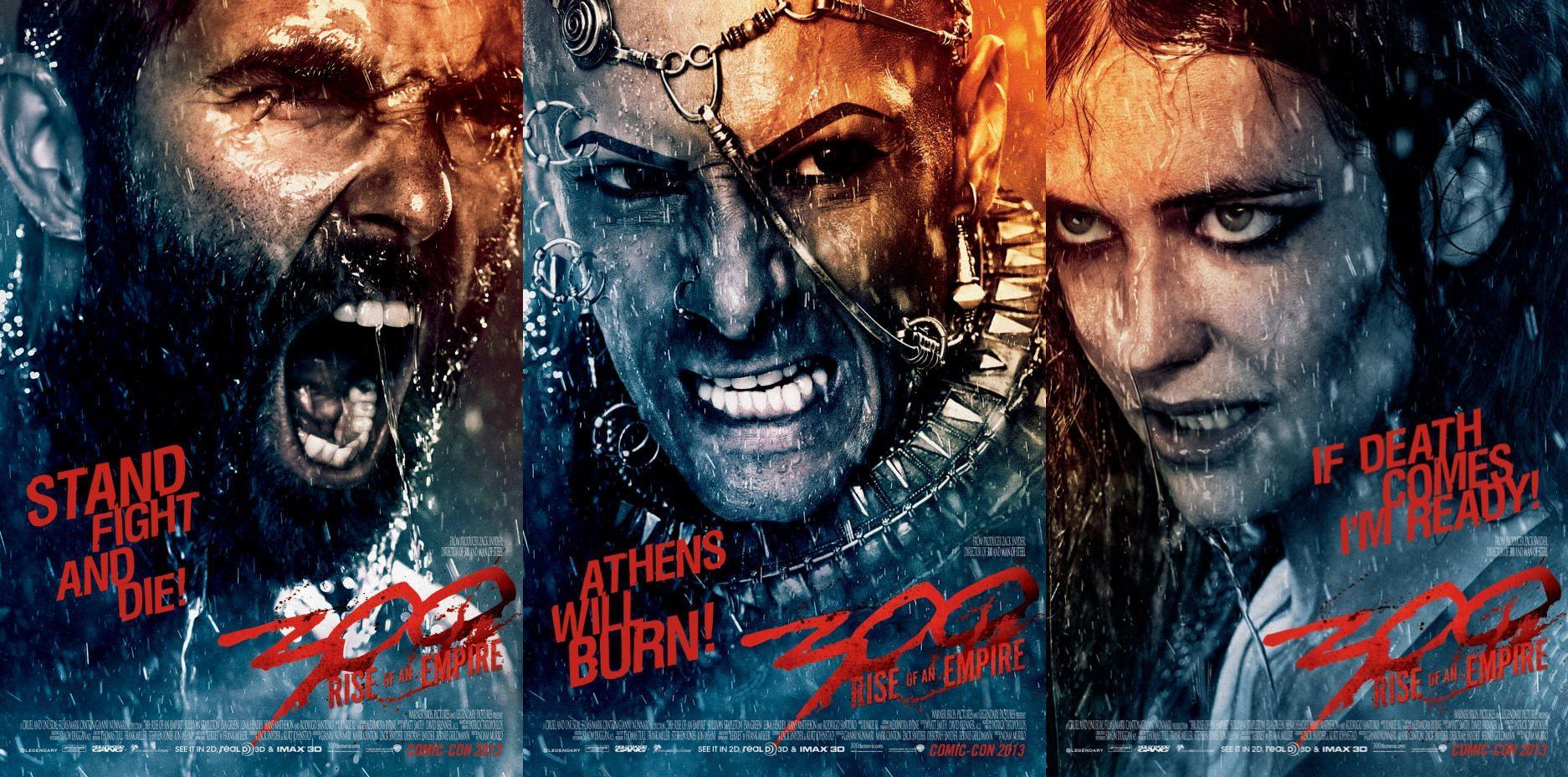

As ever, the parallels are strained – though, interestingly this and 300 also illustrate the common American complaint of competent soldiers hamstrung by gutless or venal or manipulative politicos. By holding out, as in The Alamo and Zulu, for an unexpectedly long time against a vastly superior force, they become bigger heroes than if they’d won, and a closing narration explains that their example then inspired a victory which was significant (in 1962 terms) as an alliance of European democrats resisted a monolithic Asian tyranny. In retrospect, the oddest part of the saga is that, despite their reputation as the world’s greatest and most committed warriors, the Spartan army missed out on Thermopylae (as they had the equally epochal Battle of Marathon a generation earlier) because they were too busy staying at home on a religious holiday to go out and fight – the reason there were only 300 Spartans at the battle is that the King could take his personal guard, but not the rest of his troops. The best performances come from the number twos – John Crawford as Leonidas’s main man and Donald Houston as Xerxes’ often-exasperated general. It spends a lot of time on pre-battle politics, with Xerxes hanging about with dancing girls (a detail of his rottenness is that he has his own soldiers’ women massacred to motivate them to get Greek replacements) and his slinkily treasonous queen Artemisia (Anne Wakefield) while visionary Themistocles of Athens (Ralph Richardson) and a windy Corinthian (Laurence Naismith) argue what to do about the unprecedentedly huge army on the borders. There’s a subplot about a Spartan lad (the weedy Barry Coe) barred from joining the 300 because his father seems to be in the enemy camp: he redeems his name in battle and is honourably spared the final slaughter by carrying the ‘go tell the Spartans’ message – his sweetie (Diane Baker) is also useful for the plot, in that her rejection of goatherd Ephialtes (Kieron Moore) motivates him to turn traitor.

Those who feel 300 played to the hawkish mindset of Bush II America, by demonising the Persians (Iranians) as exemplars of everything despicable to the neocons while valorising Spartans as survivalist can-do bodybuilders, will note that the 1962 film is even more blatant, casting American actors as the 300 heroes while using well-spoken Brits as the invading Persians or the equivocating Greek (even Spartan) politicians who hamper King Leonidas (a stolid Richard Egan) in his attempts to defend all Greece from the hordes of the venomously nasty King Xerxes (David Farrar). This midlist epic – an American runaway production shot in Greece with some Italian involvement which gives it a slight peplum feel - about the Battle of Thermopylae must have stuck in the mind of comics writer-artist Frank Miller Jr since his take on the material (300) pretty much follows the storyline used here, albeit with fantastical exaggerations.


My notes on Hot Gates movies (not including Meet the Spartans) – The 300 Spartans/300/300 Rise of an Empire


 0 kommentar(er)
0 kommentar(er)
